Free public transport for all, hyperloops across Europe, self driving cars, autonomous drone deliveries or zero-emission aircraft. What will mobility in 2050 look like?
Mobility is a wicked problem – deeply complex and connected with societal challenges like climate change, social equity and urban health. So thinking about the future of mobility is not straightforward. It is a journey through countless dilemma’s and inevitable trade-offs. At TU Delft we have researchers from all needed disciplined to make sense of mobility. We develop much needed knowledge, new tools, smart vehicles or vessels and digital twins. We help think through bold new policies and know how to design for uncertainty.
The future depends on the choices we make today. In the week leading up to our birthday, we invite all students, staff, peers, professionals, policy makers and partners to together make sense of mobility. Join one of the events and help steer towards a more sustainable, just and resilient future.
What will mobility in 2050 look like in a society that embraces technological innovation? Or in a world where caution is paramount? In different political climates, what will happen to the logistics of goods, from e-commerce packages to international freight transport?
A team of twelve mobility scientists from TU Delft, the “Mobilisers,” delved into the impact of technologies such as autonomous vehicles, sustainable fuels and new transportation solutions on the way we live and work. Using four radical but realistic future perspectives, they look at the mobility of the future for both passenger and freight transportation. Their approach explains the complexity of making the mobility system more sustainable and shows what trade-offs play a role in achieving sustainable, affordable, reliable, safe and inclusive mobility.
The four future perspectives were drawn up in co-creation with stakeholders from government and industry. In January, as part of TU Delft's 183rd Dies Natalis, the Mobilisers of the TU Delft will present their work.
Sustainable aviation
Energy efficient aircraft wings, morphing with artificial intelligence, engines for the green aviation fuels of the future, measuring noise and climate effects of aircraft. These are some examples of how our Faculty of Aerospace Engineering at TU Delft makes aviation sustainable.
| Watch time: 8:16 min.
Requests to collaborate?
Happy to hear from you! Please contact resilientcitiesandmobility@tudelft.nl. Also check out our press kit.





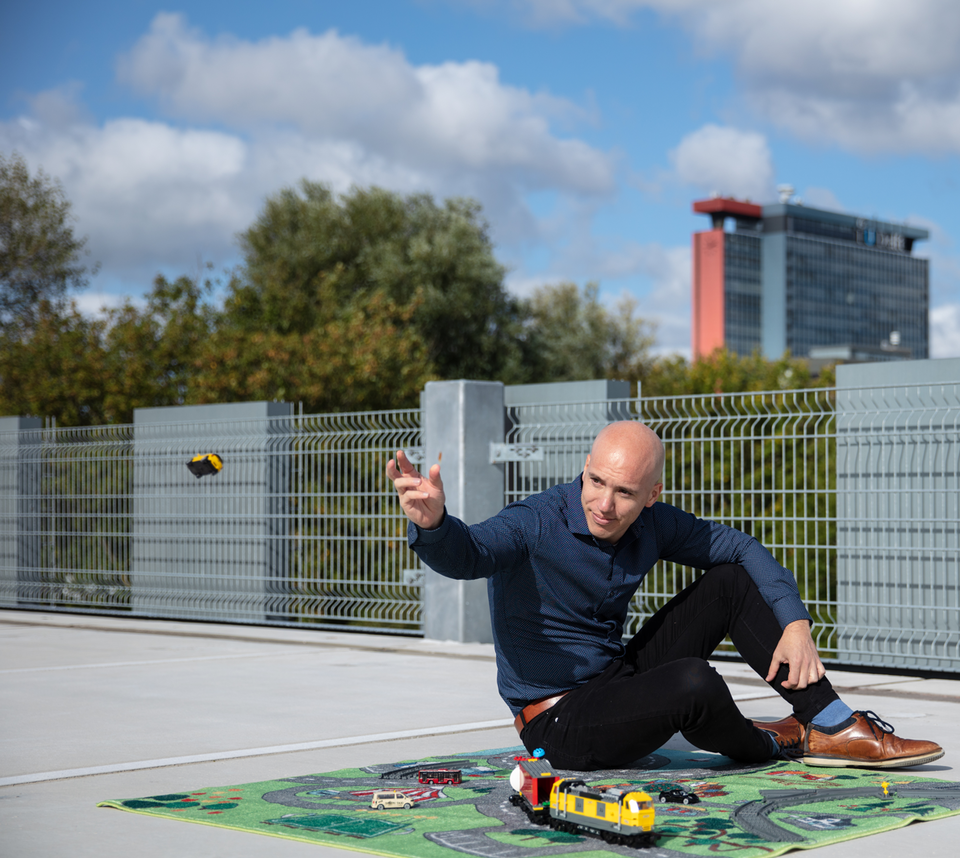
![[Translate to English:] [Translate to English:]](https://filelist.tudelft.nl/_processed_/0/5/csm_csm_Niels%20van%20Oort%20-%20zittend%20op%20perron_8acfbb6606_2edd8abe0a.jpg)
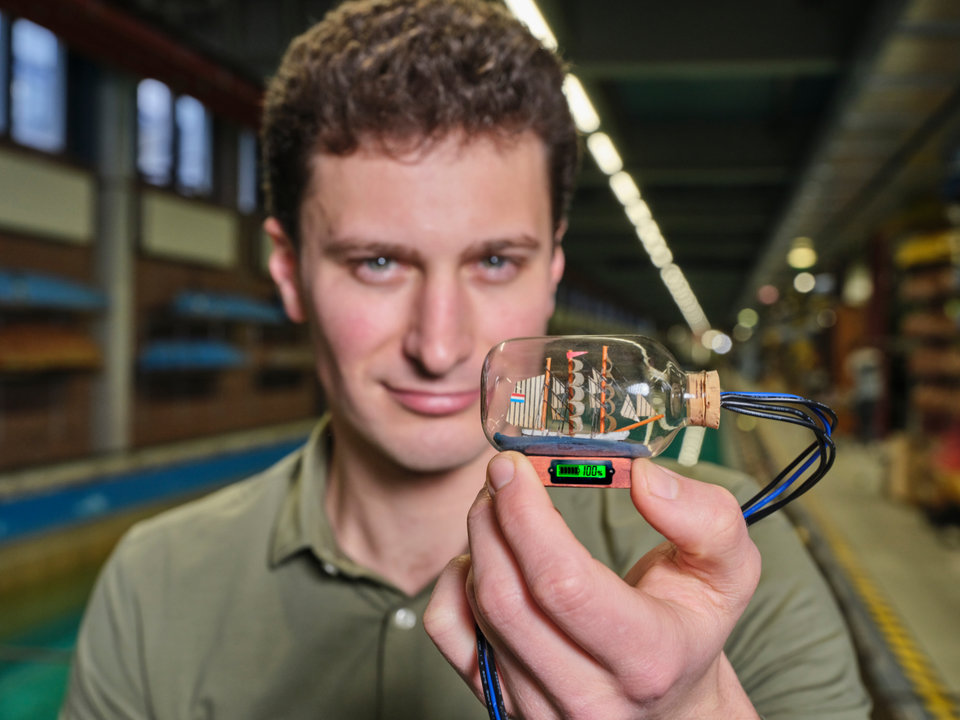
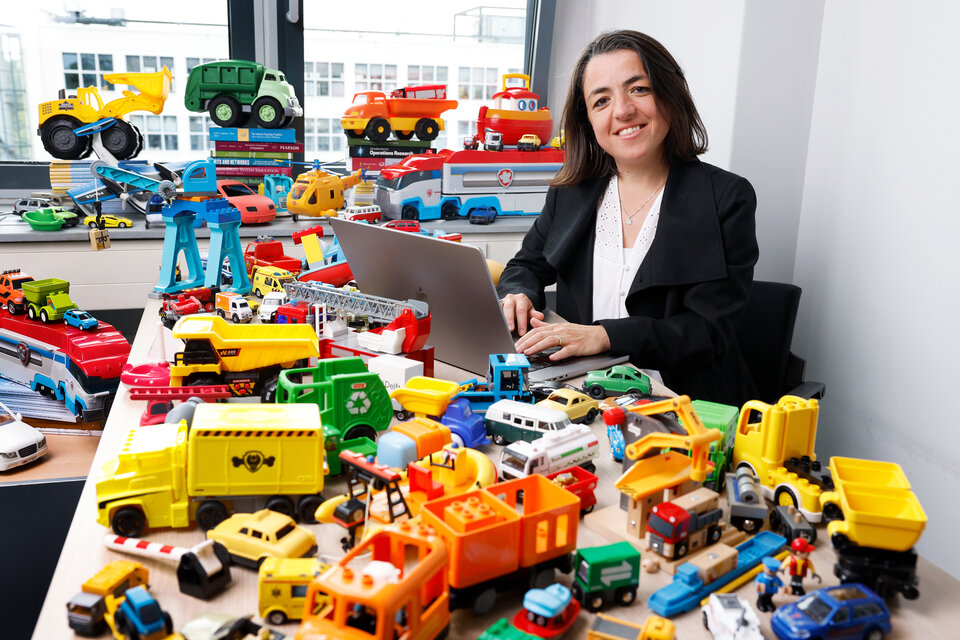
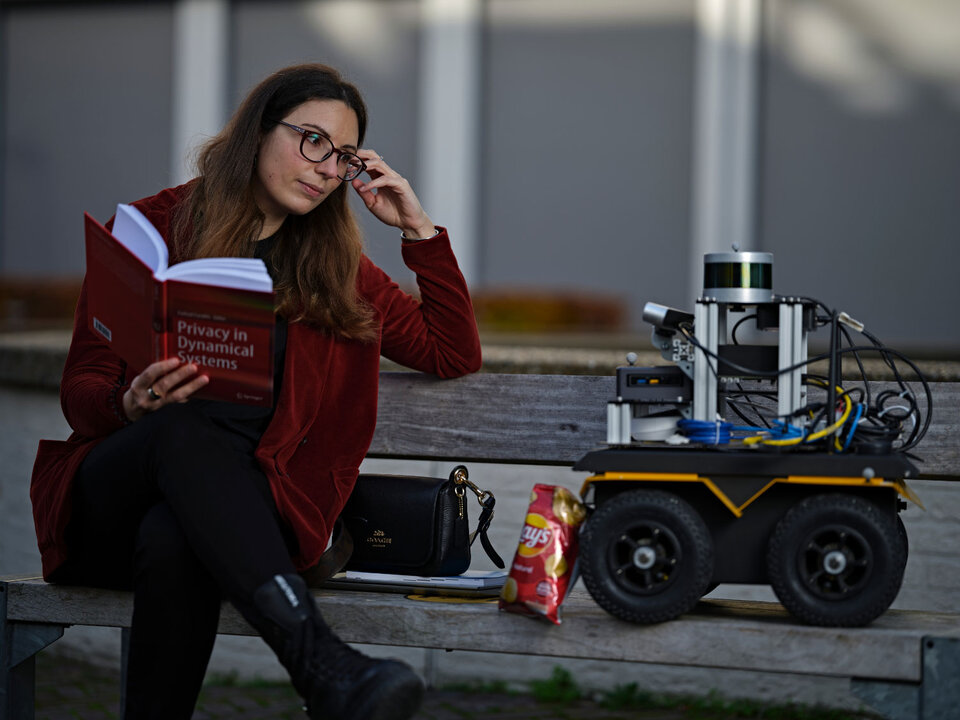
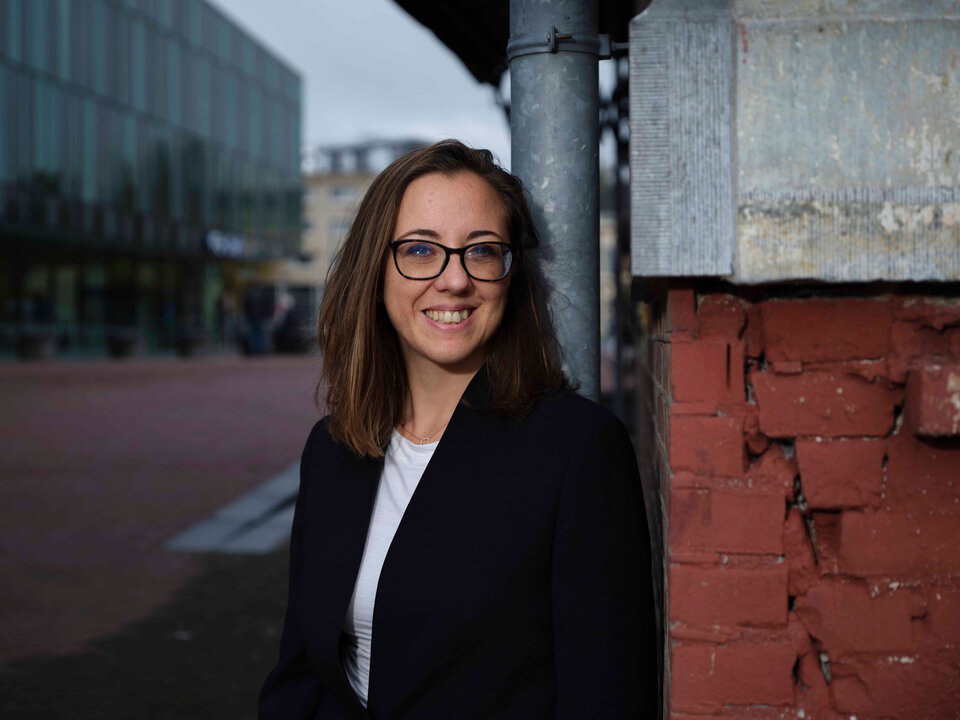
![[Translate to English:] [Translate to English:]](https://filelist.tudelft.nl/_processed_/d/3/csm_TU_Delft_FeijiaYin_0477web_aa78e87aca.jpg)
![[Translate to English:] [Translate to English:]](https://filelist.tudelft.nl/Websections/Stories/CiTG%20-%20Goederen%20een%20stem%20geven%20-%20Mahnam%20Saeednia/Card%20Mahnam%20wacht%20op%20de%20trein.%20Adam%20Klugkist%281%29.png)